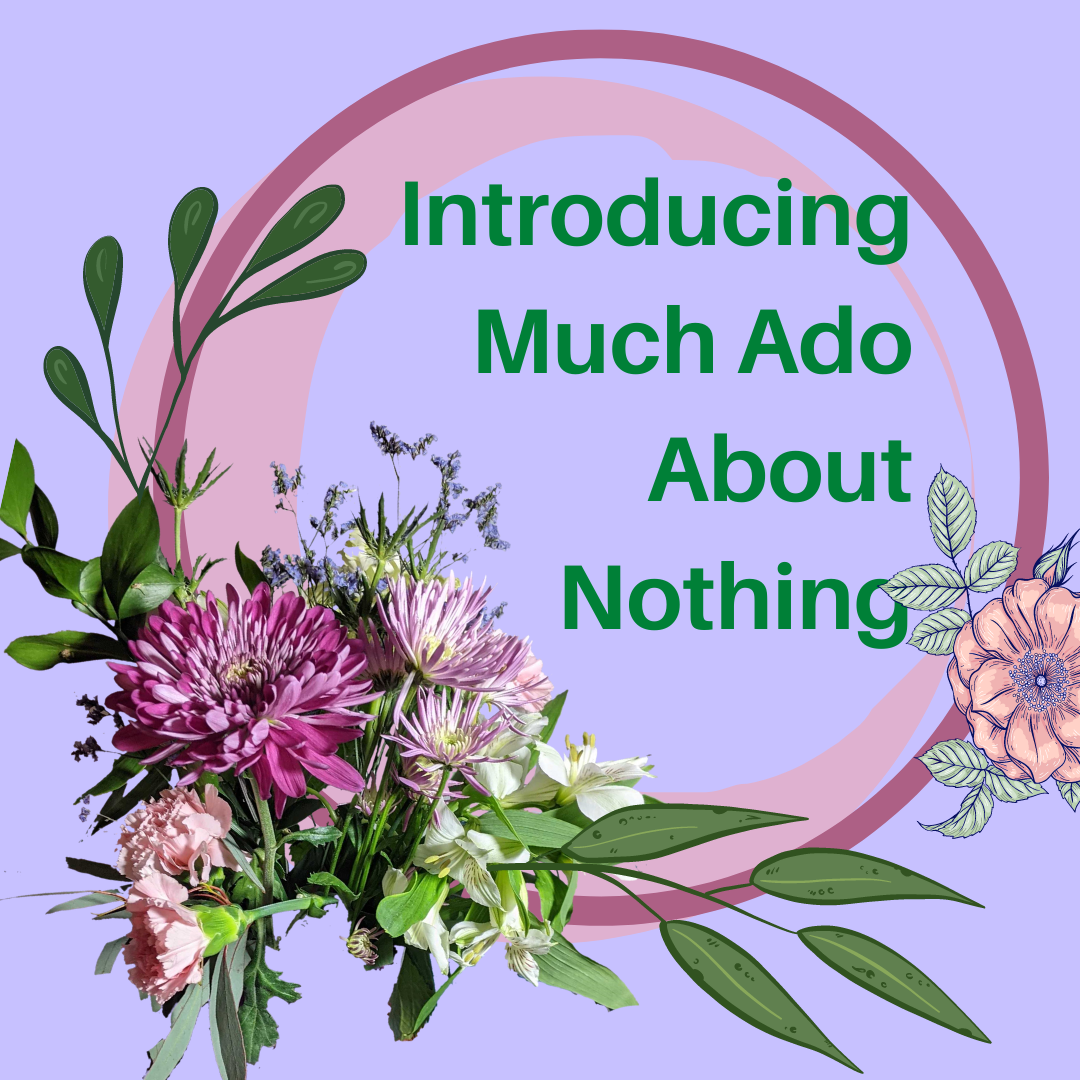The author would like to begin this article by acknowledging that they reside on the traditional land of the Shawanaki (Shawnee), Myaamia (Miami), Ojibwe (Oh-JEEB-way), and Osage Nation (Oh-sayj). I recognize the long history of systemic oppression of indigenous peoples that continues to this day, including the removal of indigenous peoples from the Ohio region. I know that my acknowledgement is not enough, it is only a step in the right direction. It does not undo the harm continues to be inflicted against indigenous communities, their land, and water.
The DSF team would also like to take a moment to consider the legacies of colonization embedded within these technologies, these structures, and these ways of thinking that we use every day. We are using equipment and high speed internet that’s not available in many indigenous communities across Canada and the United States. I invite you to join me in acknowledging all of this, as well as the shared responsibility that it holds, which is to make the best use of our time here together. And, for each of us to consider our roles in reconciliation, decolonization and allyship.
Acknowledgment credit to Adrienne Wong, SpiderWebShow’s artistic producer
https://howlround.com/intersection-digital-technology-and-live-performance
. . . . . . . . . . . . . . .
This spring DSF presents Much Ado About Nothing in collaboration with Play On! Shakespeare. In 2015 the Oregon Shakespeare Festival commissioned 36 writers to translate the canonical works of William Shakespeare. This program became Play On! 36 playwrights translate Shakespeare. To this day, Play On! Shakespeare works with theatres, educators, and professionals across the globe to make Shakespeare relevant and accessible to today’s readers and audiences. We are excited to work with Play On! Shakespeare on this production of Much Ado About Nothing.
This Shakespeare classic has it all – would-be enemies turned lovers, witty banter, sword fights, false accusations, women raging against the patriarchy, and much more! DSF had the privilege to work with playwright Ranjit Bolt, commissioned by Play On! to translate Much Ado About Nothing. Regarding his approach to translating the play, “I try to follow the rule laid down by perhaps the greatest translator of all, John Dryden, that a translator should – and I paraphrase – make the version as entertaining as possible, while at the same time remaining as faithful as possible to the script of the original.” This perspective guided the creative vision of the DSF production of Much Ado.
The curtains open to Leonato eagerly awaiting the return of his dear friend Don Pedro and his fellow companions Benedick and Claudia. There is trepidation and hope at their arrival. Don Pedro and company return from a recent war. Hope can at turns be fragile, or resilient. We see resilience in the unabashedly outspoken heroine Beatrice. In a culture that celebrated demure women for their virtue, Beatrice would have been an unusual choice of character. It is also telling that her uncle Leonato affirmed her agency to choose whether or not to marry. Though Shakespeare has a complicated legacy, we want to honor Beatrice’s resilience by casting a minority actor to fill this role.
We also see this resilience in the mischief and wit between Benedick and his friends. Details surrounding the recent war are murky, but Benedick’s delight in the company of friends seems to be an intentional decision. Benedick’s joy is shared by his friends Claudio and Don Pedro. These three play pranks on one another throughout the play.
Joy is one of the shared values at DSF. We try to promote joy in the stories we tell and the communities we lift up. The DSF also recognizes that joy can feel frivolous, or indulgent in the face of societal reckoning. Hope can seem fragile in the face of massive change, but hope and joy strengthens communities. DSF hopes the live streamed performance of Much Ado About Nothing is a joyful experience. We remain hopeful for a time we can return to live theatre.
